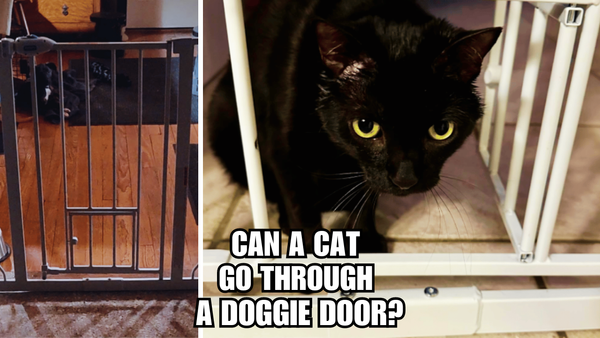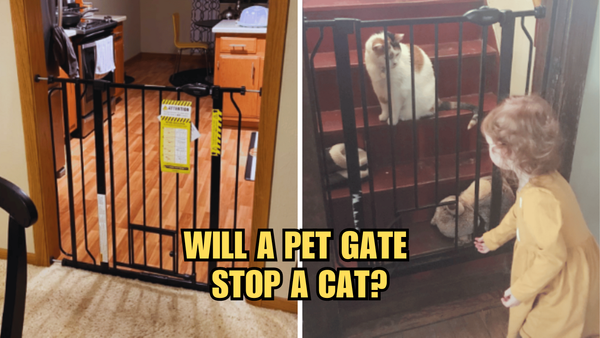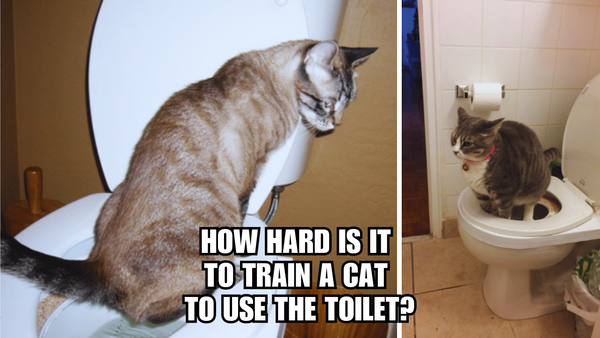Key Takeaways:
- Understanding the correct melatonin dosage for cats is crucial for their health and sleep quality.
- Melatonin can be beneficial for cats with sleep disorders, but it's important to consult a vet prior to administering.
- Overdosing on melatonin can lead to health complications, so knowing the proper dosage is essential.
Melatonin, a naturally occurring hormone produced by the pineal gland, plays a significant role in regulating sleep-wake cycles in humans and animals. As cat owners seek solutions for their feline friends' sleep disturbances or other health issues, the question arises: how much melatonin should I give my cat? This article will delve into the appropriate use of melatonin for cats, ensuring pet owners are well-informed about this natural hormone's potential benefits and risks.
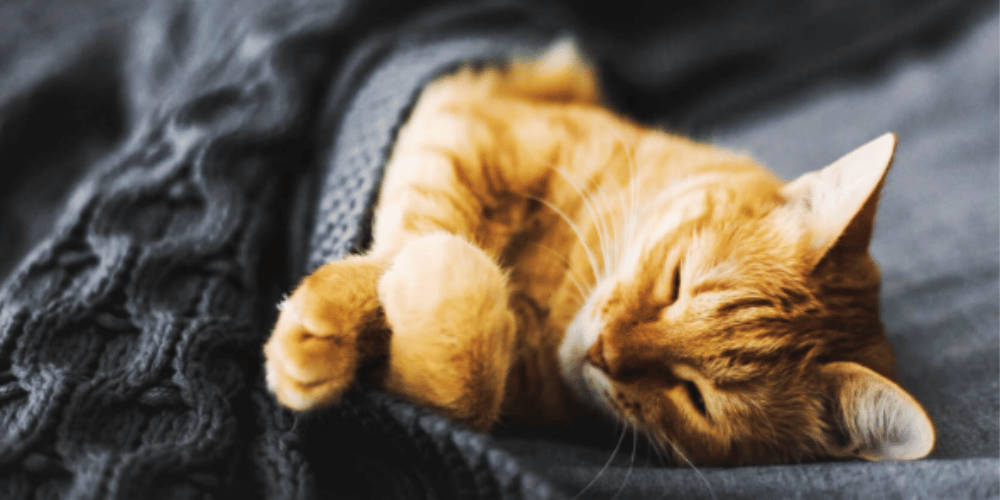
Understanding Melatonin and Its Role in Cats
Melatonin is a hormone that helps regulate sleep patterns and the sleep-wake cycle. In cats, as in humans, it is produced by the pineal gland and has a calming effect that can help manage sleep disorders. While melatonin for cats is not as commonly discussed as it is for humans, it is gaining attention in veterinary medicine for its potential to improve sleep quality and treat various conditions.
Is Melatonin Safe for Cats?
Before giving melatonin to your furry friend, it's crucial to know whether it's safe. Generally, melatonin is considered safe for cats when administered in the correct dosage. However, it's important to consult with a vet prior to use, as certain medications and health conditions can interact negatively with melatonin.
The Proper Dosage of Melatonin for Cats
The proper dosage of melatonin for your cat depends on several factors, including the cat's age, body weight, and the specific condition being treated. There is no one-size-fits-all answer, and the dose range can vary. Typically, the dosage for adult cats may range from 0.5 to 2 mg, but always seek veterinary guidance before administering melatonin.
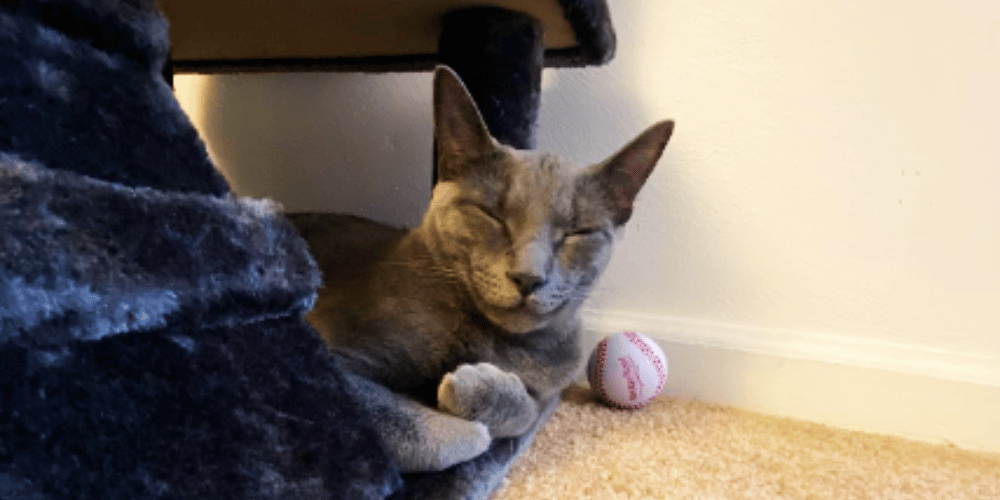
Administering Melatonin to Your Cat Safely
When administering melatonin to your cat, it's essential to use cat melatonin supplements specifically designed for feline use. Human melatonin products may contain higher doses and additional ingredients that could be harmful to your cat. Always follow the instructions provided by your vet to ensure your cat's safety.
Sleep Disorders in Cats and How Melatonin Can Help
Cats can experience sleep disorders that disrupt their sleep cycles, leading to behavioral problems and health issues. Melatonin can be an effective sleep aid for cats with such disorders, helping to regulate their sleep patterns and reduce anxiety.
Melatonin for Cats with Hair Loss
Apart from aiding sleep, melatonin has been used to treat hair loss in cats. It can stimulate hair growth in cats suffering from conditions like alopecia. However, the effects of melatonin on hair growth in cats are not fully understood, and further research is needed.
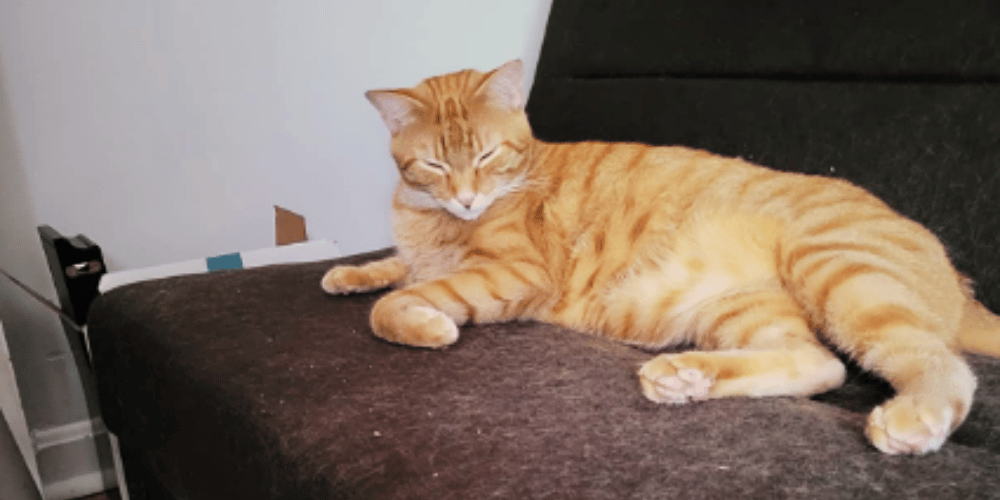
Potential Risks and Side Effects of Melatonin in Cats
While melatonin is generally safe, there are potential risks and side effects to be aware of. These can include digestive issues like loose stools, high blood pressure, and changes in reproductive cycles in female cats. Always monitor your cat's response to melatonin and report any adverse reactions to your vet.
The Impact of Melatonin on Older Cats
Older cats may experience sleep issues and cognitive dysfunction, which can affect their overall well-being. Melatonin supplements can help improve sleep quality and have a relaxing effect on older cats, potentially improving their cognitive function.
Melatonin's Influence on a Cat's Sleep-Wake Cycle
Melatonin is not just a sleep aid; it plays a pivotal role in regulating the sleep-wake cycle in your feline friend. Cats, much like humans, have a circadian rhythm that dictates their natural cycles of activity and rest. When this rhythm is disrupted, perhaps due to environmental changes or stress, a cat's sleep can become irregular.
Introducing melatonin can help realign your cat's body clock, ensuring they get the rest they need when night falls. This is particularly beneficial for indoor cats, whose exposure to natural light may be limited, affecting their internal clocks.
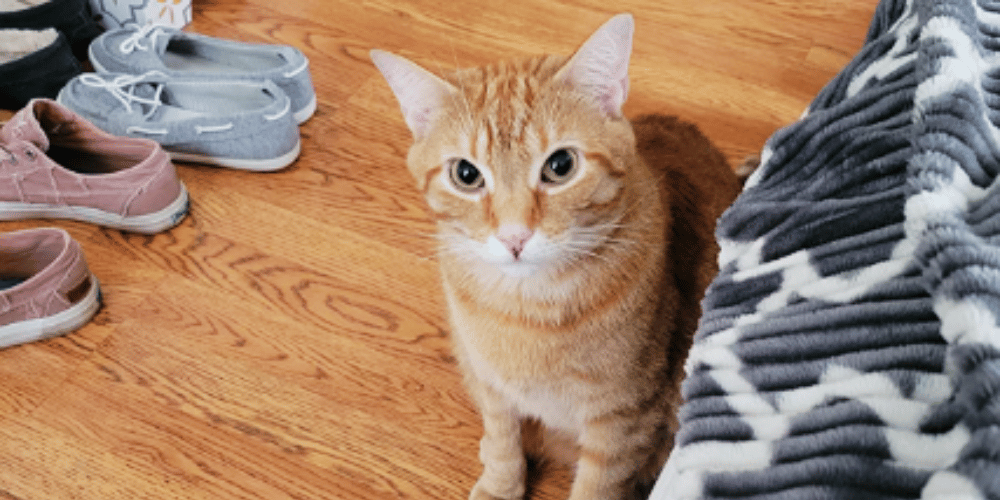
Moreover, the calming properties of melatonin can be a godsend for cats that are prone to nighttime restlessness or those who have turned nocturnal, much to their owner's dismay. By integrating a melatonin product into your cat's routine, you may notice a more consistent pattern of wakefulness during the day and peaceful sleep at night.
It's important to remember, however, that each cat's response to melatonin can vary, and what works for one may not work for another. Monitoring your cat's sleep patterns before and after introducing melatonin can provide valuable insights into its effectiveness.
Melatonin Supplements vs. Natural Production in Cats
When considering melatonin for your feline friend, it's important to understand the difference between naturally produced melatonin and supplements. Cats, much like humans, produce melatonin naturally in their pineal gland, which plays a crucial role in regulating their sleep-wake cycle.
The natural production of melatonin is influenced by the light-dark cycle and tends to increase during the night, promoting sleep. However, in some cases, a cat's body may not produce sufficient levels of this hormone, which is where supplements can be beneficial.
Supplementing your cat's melatonin can be a helpful way to address certain health issues, but it's essential to do so with care. Effects melatonin supplements have on a cat's health can vary, and they should be used under the guidance of a veterinarian.
It's also important to consider the source and quality of the supplement, ensuring it's suitable for cats. Remember, the goal is to mimic the natural rhythm of the cat's body as closely as possible, without causing any imbalance or adverse reactions.
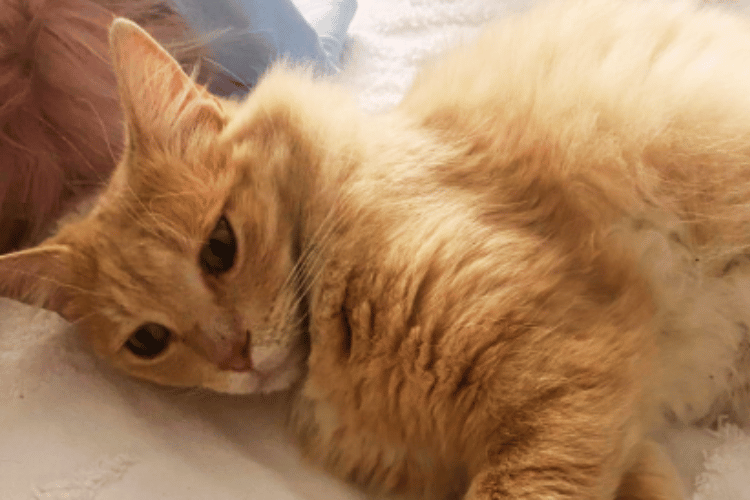
Creating a Conducive Environment for Natural Melatonin Production
While considering cats melatonin supplements, it's also beneficial to look at how you can naturally support your cat's melatonin production. A cat's sleep environment can significantly influence their sleep-wake cycle and, consequently, their natural melatonin production. Ensuring your cat has a dark, quiet, and comfortable place to sleep can help promote the natural production of melatonin and support a healthy sleep cycle.
In addition to a proper sleep environment, sticking to a consistent routine can also help regulate your cat's natural melatonin levels. Cats are creatures of habit, and maintaining a regular schedule for feeding, playtime, and bedtime can help stabilize their internal clock.
By supporting your cat's routine, you're not only fostering their overall well-being but also potentially reducing the need for additional melatonin supplementation. Always observe your cat's response to changes in their environment and routine, and adjust as needed to support their health and happiness.
Balancing Melatonin with Other Hormones in Cats
Melatonin's role in the body is complex, and its effects extend beyond sleep regulation. In cats, melatonin is intricately linked with other hormones that govern various physiological processes. For instance, melatonin can influence the reproductive cycle in cats, as it does in many animals, by affecting the levels of sex hormones. This is why it's crucial to consider your cat's age and overall health before introducing melatonin, especially for an adult cat that has not been neutered or spayed.
Additionally, melatonin has been observed to have effects on the immune system and the function of the thyroid gland. This means that while melatonin can be beneficial in managing certain conditions, it's essential to approach self-treating with caution.
Always consult with a veterinarian before adding any prescription medications or supplements to your cat's health regimen. They can provide guidance on how melatonin might interact with your cat's existing medications or conditions and help you determine the appropriate dosage for your cat's unique needs.
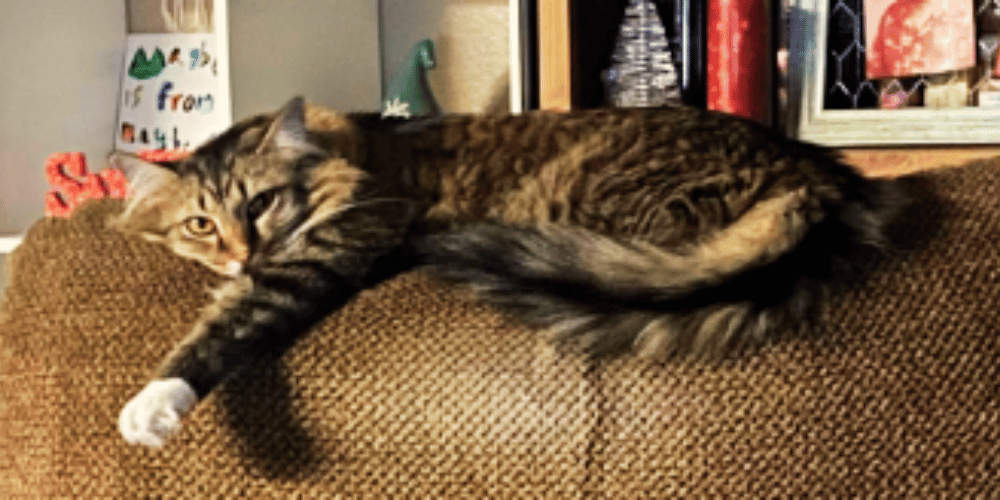
Melatonin and Its Interaction with Other Medications
If your cat is on other medications, it's important to understand how melatonin might interact with them. Certain medications can increase the risk of adverse reactions when combined with melatonin. Always consult with your vet to ensure it's safe to give melatonin alongside other prescriptions.
How to Determine the Right Dosage for Your Cat
Determining the right dosage of melatonin for your cat involves considering their specific needs and health status. A vet can help you calculate the correct dosage based on your cat's weight and the condition being treated.
When to Consult Your Vet Before Giving Melatonin
It's always best to seek professional advice before self-treating your cat with melatonin. Your vet can provide valuable insights into whether melatonin is appropriate for your cat's condition and advise on the right dosage and potential risks.
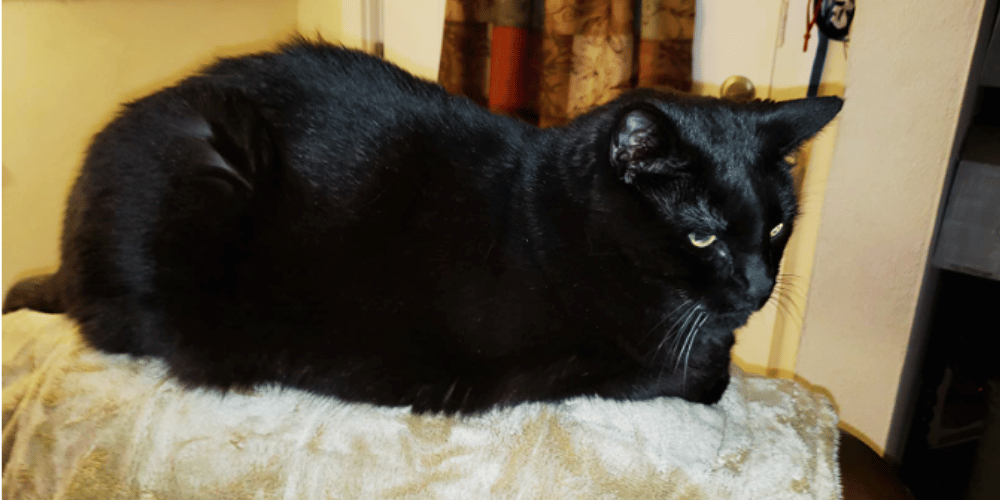
The Benefits of Melatonin Beyond Sleep Regulation
Melatonin's benefits extend beyond sleep regulation. It can also help reduce anxiety, manage behavioral problems, and even support the treatment of certain health conditions. Understanding these potential benefits can help cat owners make informed decisions about their cat's health.
Incorporating Melatonin into Your Cat's Routine
If you decide to give melatonin to your cat, it's important to incorporate it into their routine in a way that supports their natural sleep-wake cycle. Consistency in timing and dosage is key to achieving the best results.
Monitoring Your Cat's Response to Melatonin
After giving melatonin to your cat, closely monitor their response. Look for improvements in sleep patterns and overall behavior, as well as any signs of adverse reactions. Keeping a record can help your vet make any necessary adjustments to the treatment plan.
Adjusting the Dosage Based on Your Cat's Needs
The initial dosage of melatonin may need to be adjusted based on your cat's response. If you notice no improvement or if side effects occur, consult your vet for guidance on adjusting the dosage or exploring alternative treatments.
The Long-Term Use of Melatonin in Cats
While melatonin can be beneficial for managing sleep problems and other conditions, the long-term effects on cats are not well-documented. Discuss with your vet the potential implications of long-term melatonin use for your cat's health.
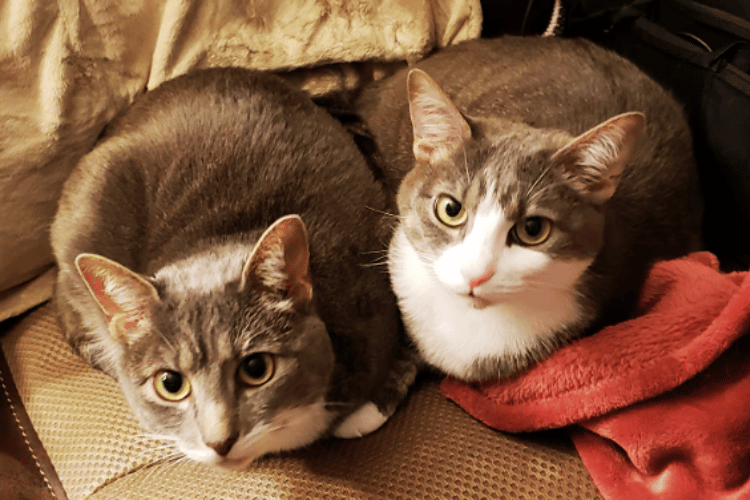
Summary
Melatonin can be a helpful supplement for cats with sleep disorders, hair loss, and other health issues. The key to using melatonin safely is to understand the proper dosage, potential risks, and the importance of veterinary guidance. By monitoring your cat's response and adjusting the dosage as needed, melatonin can be a valuable addition to your cat's health regimen.
FAQ Section
Can I give my cat the same melatonin supplement I use?
No, it's not recommended to give your cat human melatonin products as they may contain higher doses and other ingredients that could be harmful. Always use supplements specifically designed for cats and follow your vet's advice.
How quickly does melatonin work in cats?
The effects of melatonin can vary from cat to cat. Some may show improvements in their sleep patterns within a few days, while others may take longer. Consistent use as directed by your vet is important for seeing results.
Can melatonin cause any serious health issues in cats?
While melatonin is generally safe, there is a potential for health complications if given in incorrect doses or to cats with certain pre-existing conditions. Always consult with your vet before administering melatonin to avoid any serious health issues.
Thank you for visiting LegitLists we hope this helps you make a legitimate choice!




